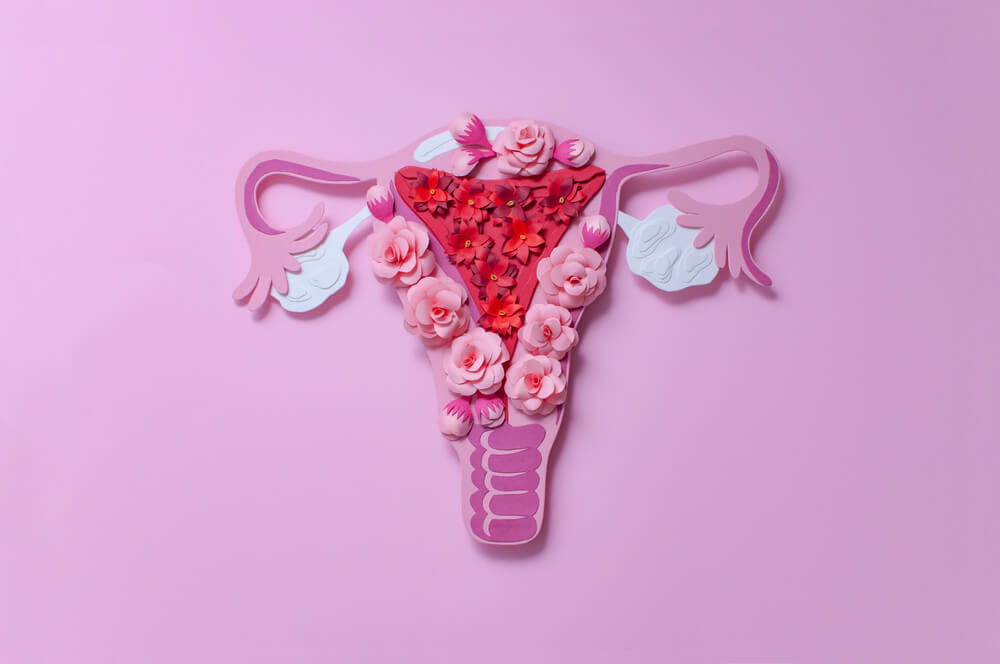Whether you want to have a baby or maximize your overall health, knowing how to take good care of your reproductive system is crucial for a happy and long life. Unfortunately, in the United States, one in eight couples will encounter challenges when trying to conceive. In order to avoid complications, both women and men must prioritize reproductive health and wellness. But how to take good care of your reproductive system? What do you need to do to ensure that you avoid all reproductive health issues? Luckily, you have stumbled on the right article. Below, you will learn everything there is to know about the reproductive system and how to take care of it to stay healthy. Before anything else, make sure to talk to a medical professional for expert advice. If you are located in the area or searching for the best, consult with an OBGYN in Coral Springs, Florida.
That said, here is how to ward off all reproductive health issues and maximize life quality.
A Woman’s Reproductive System: A Brief Overview

A woman’s internal reproductive organs include the uterus, the ovaries, the vagina, and the fallopian tubes. Overall, the female reproductive system is made out of external and internal organs, and it is responsible for sexual activity, menstruation, and fertility.
The main parts of the external genitals or the vulva include:
- Labia minora
- Labia majora
- Vaginal opening
- Clitoris
- Urethra opening
- Hymen
On the other hand, the internal parts include:
- Cervix
- Vagina
- Uterus
- Fallopian tubes
- Ovaries
A woman’s reproductive system provides a number of functions. Besides allowing the woman to engage in sexual intercourse, the reproductive system will help an individual reproduce. As you may know, eggs are produced by the ovaries. During ovulation, the eggs get transported to the fallopian tube, where the fertilization process may happen. When the egg is fertilized, it moves to the uterus. This is where the uterine lining thickens in response to normal menstrual cycle hormones. Once it is in the uterus, the fertilized egg may implant into the uterine lining and develop. Without implantation, the uterine lining sheds during a menstrual period. Additionally, a woman’s reproductive system will produce sex hormones to keep a healthy menstrual cycle.
Women who enter menopause will gradually stop creating female hormones needed for regular menstrual cycles. During this life stage, the cycles can be irregular, eventually stopping. Menopausal women do not have menstrual periods anymore.
How to Take Good Care of Your Reproductive System: Follow These Steps
Taking care of your reproductive system should not feel like a burden. By implementing some (or all) of the steps outlined below, you will ensure that your health is in check and that you do not run into infertility complications. Unfortunately, more recently, an increasing number of individuals have led an unhealthy lifestyle that can wreak havoc on reproductive health. For instance, engaging in unprotected sexual intercourse can boost your chances of contracting different sexually transmitted diseases or STDs. As a result, a person with an STD (that is left untreated) can encounter problems, ultimately leading to infertility.
Consult with a healthcare professional such as Dr. White-Videa to receive an expert diagnosis and the best possible treatment for you. Staying on track with regular doctor’s appointments is vital to ensure that your reproductive system remains healthy and strong.
With that in mind, here are some of the best ways to boost reproductive health and wellness.
Get Treated for Sexually Transmitted Diseases (STDs) Immediately
Each year in the United States, around 19 million individuals contract sexually transmitted diseases or STDs. The good news is that there are some effective ways to lower the chances of getting infected. The number one way to ensure optimal reproductive health and wellness is to educate yourself on STDs, how to protect yourself, and how to get treated. If you believe that you have an STD or that you have been exposed to one, make sure to get tested as soon as possible. You will also want your partner to get tested and receive adequate treatment if the results are positive.
In some cases, an STD does not display symptoms. However, if symptoms are present, they can include unusual discharge, foul-smelling discharge, burning and itching sensations, and vaginal pain. Stay consistent with testing and screening schedules, as these can help you protect yourself from STDs.
Quit Smoking and Alcohol Use
Smoking and alcohol consumption is linked to many reproductive health issues. For example, most smokers and alcohol users also face infertility and other complications. Not only will quitting tobacco and alcohol use help increase fertility levels, but it will bring about plenty of positive health changes. In men, smoking can affect semen volume and lower sperm count. As for women, smoking up to 20 cigarettes daily can affect regular menstrual cycles and lower egg count.
Always Use Contraception
Using contraception is the best way to plan pregnancies and ensure that the mother and the baby are healthy. Approximately 49 percent of all pregnancies in the United States are unplanned. Planning your pregnancy will help you become the healthiest version of yourself, so your baby can grow strong. Experts recommend using intrauterine devices or IUDs as a long-term option. We suggest condoms, as these also help protect against sexually transmitted diseases.
Keep Your Weight Under Control
If you are overweight or underweight, you can experience fertility problems. Controlling weight is also important for men. Namely, when a man is overweight and has increased body fat, the sperm count can be affected. On the other hand, underweight or overweight women can deal with ovulation complications and possible miscarriages. Hence, we recommend managing your weight and reaching a healthy balance to avoid reproductive health issues.
Take Supplements to Boost Your Health
If you are trying to have a baby and you want to increase your chances of conception, experts recommend staying away from smoking, drinking, and getting tested regularly. First, focus on implementing these changes into your daily life. If your doctor approves, you can also consider supplementing with prenatal DHA and Omega-3 fatty acids. Your doctor may also suggest taking 800mg of folic acid regularly. As for men, Coenzyme Q10 and multivitamins yield the best results.
Eat a Nourishing and Balanced Diet

What you eat matters. To improve your reproductive health and increase fertility levels, experts recommend consuming a healthy and wholesome diet full of vitamins, minerals, and high-quality protein. Make sure to eat a lot of fiber-rich foods and whole grains. Unfortunately, many people rely on processed foods full of sugar, refined flour, and unhealthy fats. While many of these foods tend to taste delicious and addictive, they can contribute to weight gain and infertility.
Instead, incorporate many fresh vegetables, fruits, Omega-3 fatty acids (such as seafood, chia seeds, flax seeds, nuts, and salmon), and quality sources of protein (like tofu, chicken breast, fat-free yogurt, and grass-fed beef). On the flip side, minimize processed foods and avoid caffeine.
Reach Out to Us Today
Take care of your mental and physical health and improve your life today. Do you need extra help? Worry not; we’re here. Reach out to the best OBGYN in Coral Springs, Florida, and make an appointment today. You are worth it.


